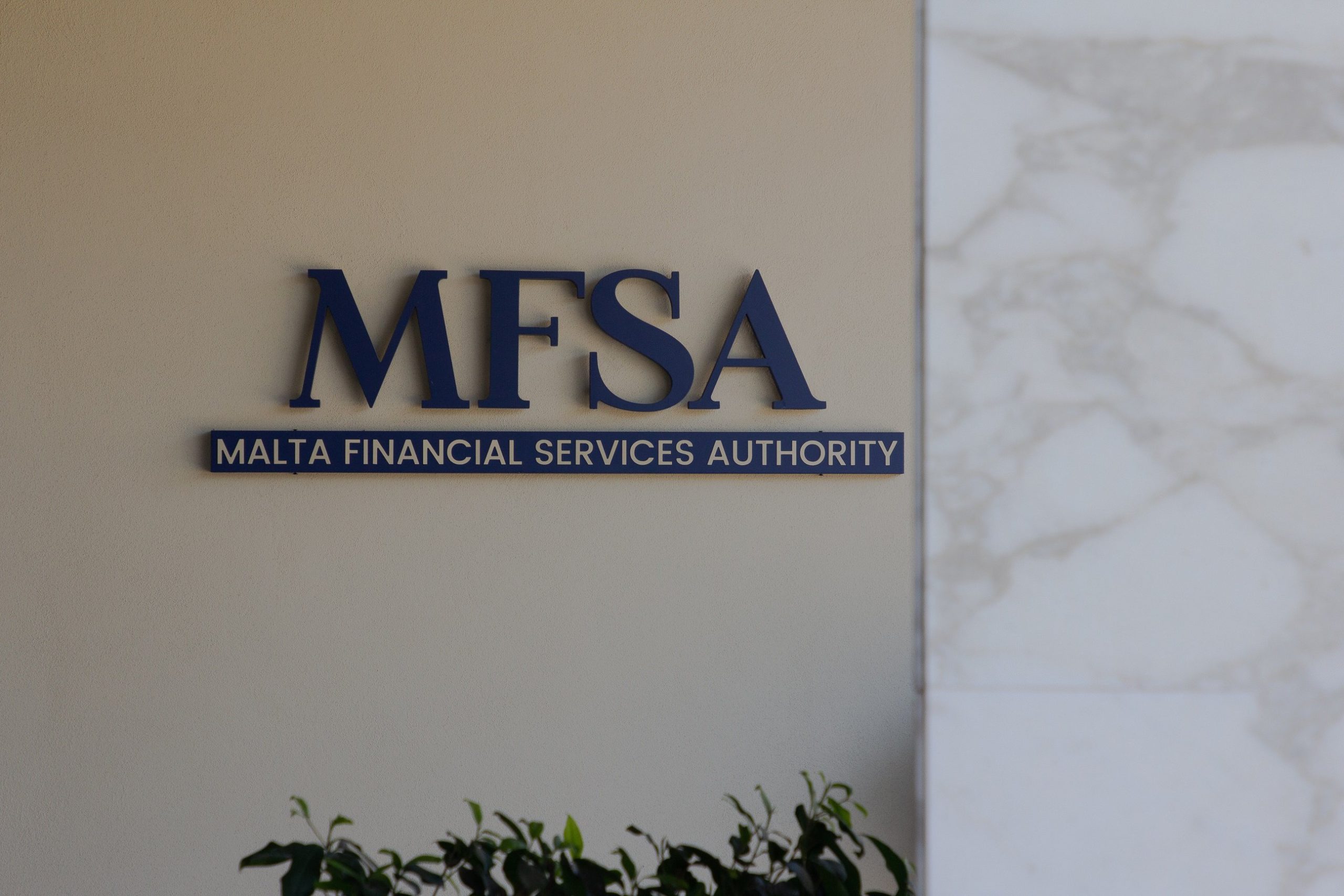The Malta Financial Services Authority (MFSA) has published a Guidance Note outlining the principles and processes it would use when calculating an administrative penalty for breaches of regulatory requirements.
Although the information in the Guidance Note “is not binding on the MFSA”, the regulator said in a statement, it clearly outlines the method that could be used by the MFSA to assess the impact and seriousness of a potential breach, and includes detailed tables and case studies to explain how an administrative penalty is calculated.
The Guidance Note is another step forward in ensuring that there is transparency of the MFSA’s policies and practices for licence-holders authorised and supervised by the regulator, as well as persons who are found carrying out financial services activities without having the necessary licence or authorisation.
While the MFSA has a degree of discretion through the relevant laws in determining the amount of an administrative penalty appropriate in each case, the regulator, among others, is guided by the principle of proportionality and ensures that an administrative penalty does not exceed the maximum amounts specified in the respective legislation.
The MFSA also considers the size and financial strength of the licence-holder or person carrying out unauthorised licensable activities, in order to ascertain that the administrative penalty does not cause disproportionate financial distress.
The factors which the MFSA said it takes into consideration when determining the risk rating of a potential breach include among others, the degree of impact and seriousness of the potential breach, the level of cooperation with the MFSA, as well as the repetition and duration of the potential breach.
The MFSA may also take into consideration any other circumstances relating to the potential breach which it may deem relevant in determining an administrative penalty which is effective, proportionate and dissuasive.
Read the full Guidance Note here.
Featured Image:
MFSA signage outside Mriehel, Malta offices / MFSA.mt
Darscover set to bridge tradition and technology in Malta’s real estate market
The platform aims to become both the go-to hub for home seekers and the essential toolkit for real estate agencies
MHRA and GTA hail Malta to New York direct flights as a game-changer for tourism
MHRA noted that American visitors tend to stay longer, spend more, and seek cultural experiences
ESET launches Cybersecurity Awareness Training
Cybersecurity solutions leader ESET launches a comprehensive online resource to educate, test, and improve cyber resilience of employees






